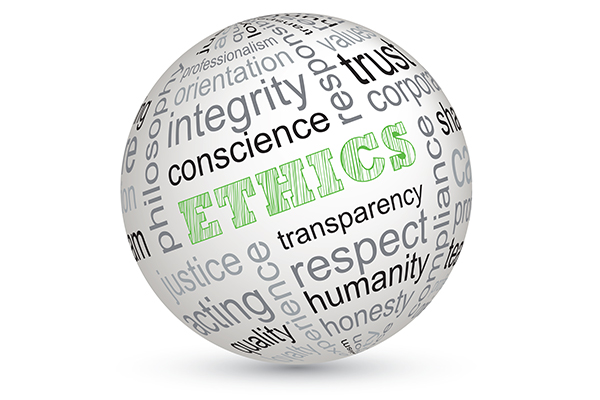Building Sustainable and Ethical Supply Chains: A Responsibility for Companies
- March 26, 2024
- 3 Mins Read
- 2390 Views

In today’s interconnected global economy, companies are increasingly recognizing the importance of ensuring that their supply chains operate in a sustainable and ethical manner. With growing concerns about environmental degradation, social injustices, and labor exploitation, consumers, investors, and governments are placing greater scrutiny on the practices of businesses. Therefore, it has become imperative for companies to adopt strategies that prioritize sustainability and ethics throughout their supply chains.
Understanding the Importance
Before delving into the strategies, it’s essential to understand why building sustainable and ethical supply chains is crucial.
- Environmental Impact: Unsustainable practices contribute to environmental degradation, including deforestation, pollution, and depletion of natural resources. Companies have a responsibility to minimize their ecological footprint and mitigate climate change.
- Social Responsibility: Ethical supply chains uphold human rights, fair labor practices, and community welfare. They ensure that workers are treated with dignity, receive fair wages, and operate in safe conditions.
- Reputation and Brand Value: Consumers are increasingly conscious of the ethical and environmental implications of their purchasing decisions. Companies with transparent and responsible supply chains can enhance their reputation, build consumer trust, and gain a competitive edge.
Strategies for Building Sustainable and Ethical Supply Chains
- Transparency and Traceability: Companies should strive for transparency across their supply chains, from sourcing raw materials to manufacturing and distribution. Implementing traceability mechanisms, such as blockchain technology, enables companies to track products’ journey and ensure compliance with ethical and environmental standards.
- Supplier Engagement and Collaboration: Building strong relationships with suppliers is essential for promoting ethical practices. Companies should work closely with suppliers to assess their sustainability performance, provide support and incentives for improvement, and establish clear expectations through contractual agreements.
- Responsible Sourcing: Prioritize sourcing materials and components from suppliers that adhere to environmental and social standards. Conduct due diligence to verify suppliers’ credentials, assess risks, and ensure compliance with regulations and industry certifications.
- Ethical Labor Practices: Uphold fair labor standards throughout the supply chain, including zero tolerance for forced labor, child labor, discrimination, and unsafe working conditions. Conduct regular audits, provide training for suppliers, and collaborate with industry associations and NGOs to address labor rights issues.
- Environmental Stewardship: Adopt eco-friendly practices to minimize environmental impact at every stage of the supply chain. This includes reducing energy consumption, minimizing waste generation, promoting recycling and reuse, and investing in renewable energy sources.
- Continuous Improvement: Establish mechanisms for monitoring, measuring, and evaluating the sustainability performance of the supply chain. Set ambitious goals for improvement, benchmark against industry standards, and regularly communicate progress to stakeholders.
- Collaboration and Advocacy: Engage with industry peers, governments, NGOs, and other stakeholders to drive collective action towards sustainable and ethical supply chains. Collaborate on initiatives such as industry standards development, advocacy for policy reforms, and sharing best practices.
Capturing all this information from a global supply base requires some kind of formal system, this cannot be accomplished through emails and spreadsheets. To be successful you will need to have a system that supports all the below elements while easily tracking supplier compliance and gaps that require further attention.
Conclusion
Building sustainable and ethical supply chains is not only a moral imperative but also a strategic business decision in today’s evolving marketplace. Companies that prioritize environmental stewardship, uphold ethical labor practices, and promote transparency and accountability throughout their supply chains are better positioned to mitigate risks, enhance reputation, and create long-term value for all stakeholders. By embracing sustainability as a core business principle, companies can contribute to a more just, equitable, and environmentally sustainable future.



